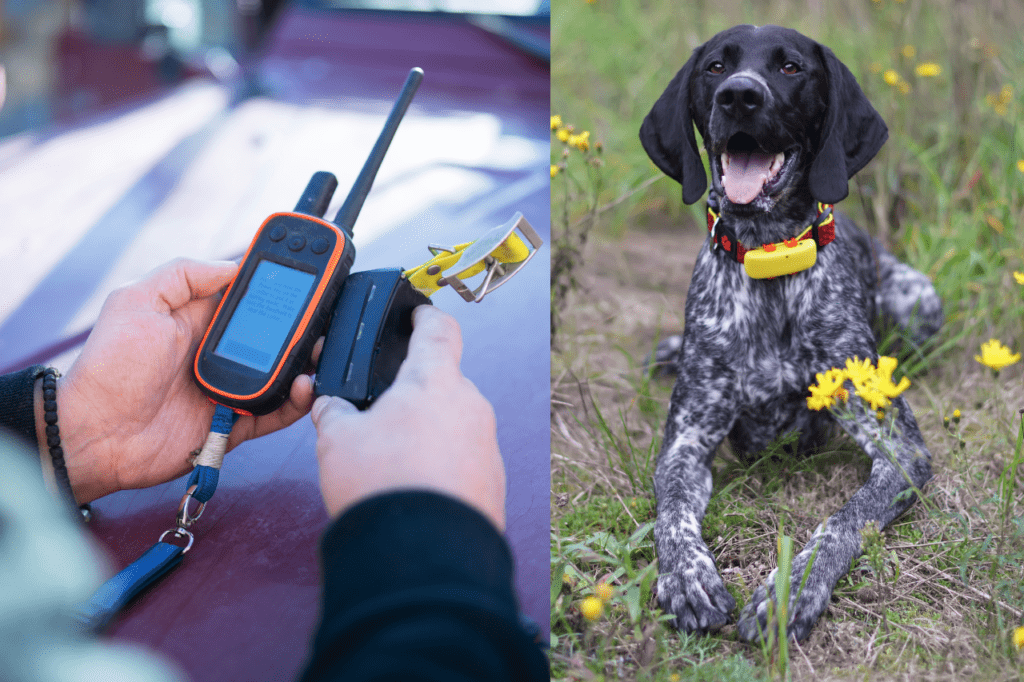There are a lot of factors to consider when choosing a pet. From finding an animal that meshes well with your personality to considering which pets are allowed in your apartment complex, the options can feel endless. And that’s before you even get to the part where you have to decide which type of animal you want!
To help narrow down your options, we’ve put together a list of questions to ask yourself before getting a pet. By taking the time to find answers to these questions, you’ll be one step closer to finding the perfect furry (or scaly) friend for your lifestyle.
What kind of animal do you want?
This may seem like an obvious question, but it’s worth taking the time to really think about which type of animal you’d like as a pet. Small mammals like hamsters and gerbils are low-maintenance and can usually be kept in small spaces, while dogs and cats require more room to roam. If you live in an apartment, birds and fish might be better options, as they don’t need as much space as some of the other animals on this list. reptiles like snakes and lizards can also make good pets for people with allergies since they don’t have fur or feathers.
Do you have the time to care for a pet?
Pets require time, effort, and money—and some require more of all three than others. Dogs, for example, need daily walks and often need to be taken to the groomer or vet on a regular basis. Cats typically need less attention than dogs, but they still require some level of care. Small mammals like hamsters only need to be fed once a day but should have their cages cleaned regularly. Reptiles also typically need less care than mammals, but they might require special lighting or heating in their tanks. Birds need daily Cage cleanings and weekly wing trimmings, and fish need their tanks cleaned every other week. Consider how much free time you have before making a commitment to caring for a pet full-time.
Can you afford a pet?
In addition to regular food and water, most pets also need yearly vaccines and check-ups at the vet—and some breeds of dogs or cats can be especially expensive to care for. If you live in an apartment complex, there may also be pet fees associated with owning certain types of animals. Small animals like hamsters can be relatively inexpensive to care for, while dogs and cats can be more costly. reptiles tend to be on the cheaper side as well since they don’t require as much care as some of the other animals on this list. Before getting a pet, make sure you are prepared to cover the costs associated with its care—including any unexpected medical bills that may come up down the road.
Do you have any allergies?
If you have allergies, it’s important to find a hypoallergenic animal that won’t make your symptoms worse—or choose an animal that doesn’t have fur or feathers at all. Some people with allergies are able to tolerate certain animals better than others, so it’s important to do your research before bringing home a new pet. Non-shedding dog breeds like poodles or bichon frises might be good options for people with mild allergies, while reptiles like snakes or lizards might be better suited for those with more severe allergies since they don’t have fur or feathers.
By taking the time to ask yourself these questions before getting a pet, you can help ensure that you find an animal that is compatible with both your lifestyle and your allergies—and one that will bring joy into your life for years to come!











Recent Comments